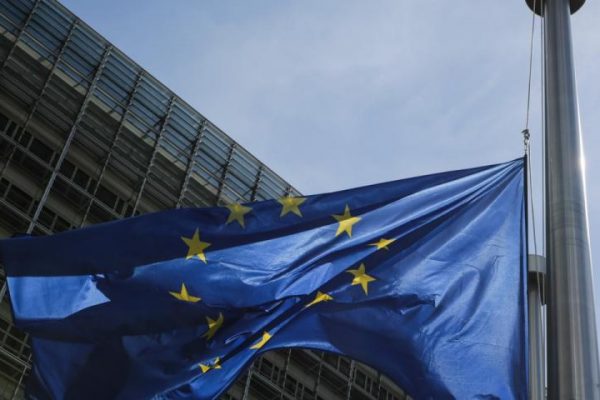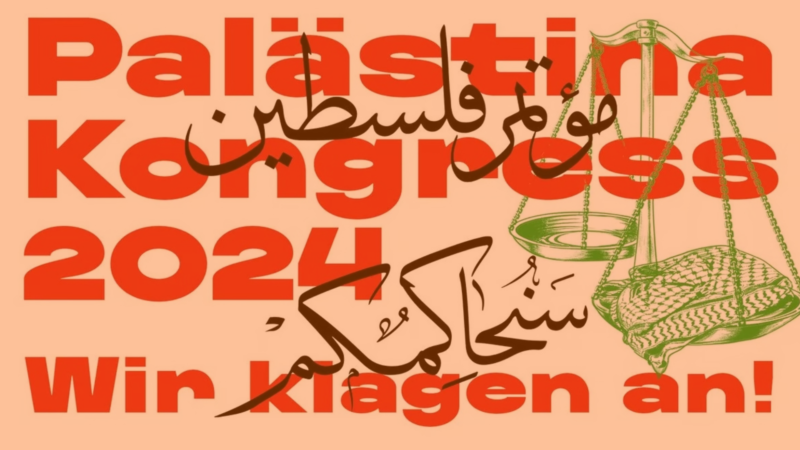DiEM25’s EU Team is composed of a group of members working in and around the European institutions. They have gotten together to offer their inside knowledge of the EU in support of our movement. This is the first of many pieces they will contribute on EU affairs.
The EU long-term budget, the Multiannual Financial Framework (MFF), is a fundamental test for the EU’s political ambition and its ability to live up to the expectations of its citizens.
On May 2, the European Commission (EC) published its new 2021-2027 draft budget1.
The unambitious proposals presented by Commission President Jean-Claude Juncker and Budget Commissioner Günther Oettinger are short-sighted, unnecessarily populist, potentially dangerous and stand in clear contrast to the provisions of the European Treaties.
The proposals are short-sighted because they follow the same inflexible policies promoted by Centre-Right Governments (linear cuts, financialisation of policies, overly stringent conditionalities, etc). At a time of dramatic crisis for the European integration project, the European Commission should have re-launched and presented visionary and ambitious initiatives to fulfil its Treaty obligation to promote “the general interest of the Union”. Instead, Mr. Juncker proposed what amounts to mere “window dressing”: a limited budget increase, cuts to the Common Agricultural Policy and Cohesion Policy, crumbs for “new policies” (less than 10%).
The proposals are unnecessarily populist because the increased funding for Erasmus+ is still not enough and remains a fig leaf. Thus, it becomes a clumsy attempt to distract attention from the lack of vision and ambition of the budget proposal as a whole. In addition, €700 million of this increase for Erasmus+ will be spent on financing Interrail tickets for 18-year olds. While it is certainly a laudable aim to allow young people to explore Europe, this policy is deeply misguided and barely more than a poor PR stunt. To recover credibility and trust in the European project, projects like this one are woefully inadequate; especially if there is not enough money to finance programmes and policies to tackle larger challenges like youth unemployment.
The proposals are potentially dangerous because they seek to strengthen the technocratic and punitive direction of European governance. The draft also envisages the creation of a Defense fund and would shift more funding to security investments, marking a worrying trend towards a militarisation of the budget. In addition, the budget for “external border management, migration and asylum” would be tripled, raising concerns that “Fortress Europe” will be strengthened even further.2
What exactly does it mean when the Commission talks about strengthening the Eurozone and about a €25bn-programme to support reforms? In a political context governed by the Centre-Right, it means creating a straightjacket which prevents non-aligned Governments to adopt anti-austerity policies and have any budget flexibility.
The proposals stand in stark contrast to the provisions of the European Treaties, because they overturn the logic of some policies that are anchored in the Treaties in favour of Centre-Right Governments and austerity. The cuts to the Cohesion Policy are a blatant example of this: We should not forget that economic, social and territorial cohesion are enshrined in the Treaties as EU objectives.3
While the Cohesion Policy is often (rightly) accused of inefficiency, this cannot be a pretext for overturning the Union’s very purpose.
At its core, the Cohesion Policy was designed to reduce the development gap between regions and this remains a crucial necessity in the EU today.4 Unfortunately, when the treaties point to coordination of economic policies, the focus is always on territories, not on central Government choices and decisions taken under pressure in Brussels.5
A territory cannot pay the price of wrong economic policy choices decided in the capitals and in Brussels!
A territory cannot be held hostage by a Government under pressure from Brussels!
So, by enthusiastically proposing to cut cohesion funds and to strictly link the pay-out of structural funds to structural reform commitments, the Commission has betrayed its role and its function as guardian of the European Treaties.6 We must denounce it!
Cutting cohesion funds is like taxing public employees: easy and cynical!
For the European project to remain relevant to European citizens – and indeed, for it to survive – it needs sensible, long-term projects, and to imagine ambitious and courageous solutions. That’s why DiEM25 offers strong alternatives in its Green New Deal policy proposals that will lift Europe out of its multiple crises, and bring it boldly into the 21st century.
Over the next few months, DiEM25 will commit to building a strong European network of political partnerships to oppose the EC’s proposals, concretely and constructively.
We will do our part. Join us!
[1] European Commission proposals for the post-2020 MFF
[2] Press release
[3] TEU – TITLE I – COMMON PROVISIONS – Article 3 § 3: The Union shall establish an internal market. It shall work for the sustainable development of Europe based on balanced economic growth and price stability, a highly competitive social market economy, aiming at full employment and social progress, and a high level of protection and improvement of the quality of the environment. It shall promote scientific and technological advance. It shall combat social exclusion and discrimination, and shall promote social justice and protection, equality between women and men, solidarity between generations and protection of the rights of the child. It shall promote economic, social and territorial cohesion, and solidarity among Member States. It shall respect its rich cultural and linguistic diversity and shall ensure that Europe’s cultural heritage is safeguarded and enhanced.
[4] TFEU – TITLE XVIII – ECONOMIC, SOCIAL AND TERRITORIAL COHESION – Article 174 § 2 – In order to promote its overall harmonious development, the Union shall develop and pursue its actions leading to the strengthening of its economic, social and territorial cohesion. In particular, the Union shall aim at reducing disparities between the levels of development of the various regions and the backwardness of the least favoured regions. Among the regions concerned, particular attention shall be paid to rural areas, areas affected by industrial transition, and regions which suffer from severe and permanent natural or demographic handicaps such as the northernmost regions with very low population density and island, cross-border and mountain regions.
[5] TFEU – TITLE XVIII – ECONOMIC, SOCIAL AND TERRITORIAL COHESION – Article 175 – Member States shall conduct their economic policies and shall coordinate them in such a way as, in addition, to attain the objectives set out in Article 174. The formulation and implementation of the Union’s policies and actions and the implementation of the internal market shall take into account the objectives set out in Article 174 and shall contribute to their achievement. The Union shall also support the achievement of these objectives by the action it takes through the Structural Funds (European Agricultural Guidance and Guarantee Fund, Guidance Section; European Social Fund; European Regional Development Fund), the European Investment Bank and the other existing Financial Instruments.
[…]
[6] TEU – TITLE III – PROVISIONS ON THE INSTITUTIONS – Article 17 – The Commission shall promote the general interest of the Union and take appropriate initiatives to that end. It shall ensure the application of the Treaties, and of measures adopted by the institutions pursuant to them. It shall oversee the application of Union law under the control of the Court of Justice of the European Union. It shall execute the budget and manage programmes. It shall exercise coordinating, executive and management functions, as laid down in the Treaties. With the exception of the common foreign and security policy, and other cases provided for in the Treaties, it shall ensure the Union’s external representation. It shall initiate the Union’s annual and multiannual programming with a view to achieving interinstitutional agreements.
[…]
Structural reform commitments are required in the context of the European Semester.
Do you want to be informed of DiEM25's actions? Sign up here










